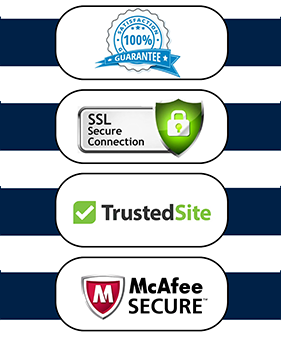
NFPA CFPE Exam Dumps
- Exam Name: Certified Fire Plan Examiner
- Certification Name: NFPA Certifications
- Exam Code: CFPE
- Total Questions Provided: 100
- Last Updated: Mar 20, 2025




NFPA CFPE Exam: Pathway to a Rewarding Career in Fire Protection Engineering
Exam Overview and Technological Expertise
The NFPA CFPE (Certified Fire Protection Engineer) exam is a comprehensive assessment that evaluates your knowledge and expertise in the field of fire protection engineering. To excel in this exam, you'll need to demonstrate proficiency in various areas, including fire dynamics, fire protection systems, fire risk assessment, and building codes and standards. The exam covers a wide range of topics, such as exam topics. These topics require a deep understanding of the latest technologies, engineering principles, and industry best practices. You'll need to be well-versed in areas like fire modeling, sprinkler system design, fire alarm systems, and fire suppression methods. Additionally, you'll need to have a strong grasp of building and fire codes, as well as the ability to interpret and apply them effectively. This requires a keen eye for detail and the ability to analyze complex scenarios to ensure the safety and compliance of fire protection systems.
Career Benefits and Job Opportunities
Passing the NFPA CFPE exam can open up a world of career opportunities for you. As a Certified Fire Protection Engineer, you'll be recognized as an expert in your field, with the skills and knowledge to design, implement, and maintain effective fire protection systems. Some of the potential job roles you may pursue include:
- Fire Protection Engineer - Responsible for designing, evaluating, and improving fire protection systems in buildings, facilities, and infrastructure.
- Fire Safety Consultant - Provide expert advice and guidance to clients on fire safety regulations, risk assessment, and mitigation strategies.
- Fire Code Specialist - Ensure compliance with local, state, and national fire codes and regulations, and assist in the development of new codes and standards.
- Fire Protection System Designer - Develop and oversee the installation of fire alarm systems, sprinkler systems, and other fire suppression technologies.

Currently there are no comments in this discussion, be the first to comment!